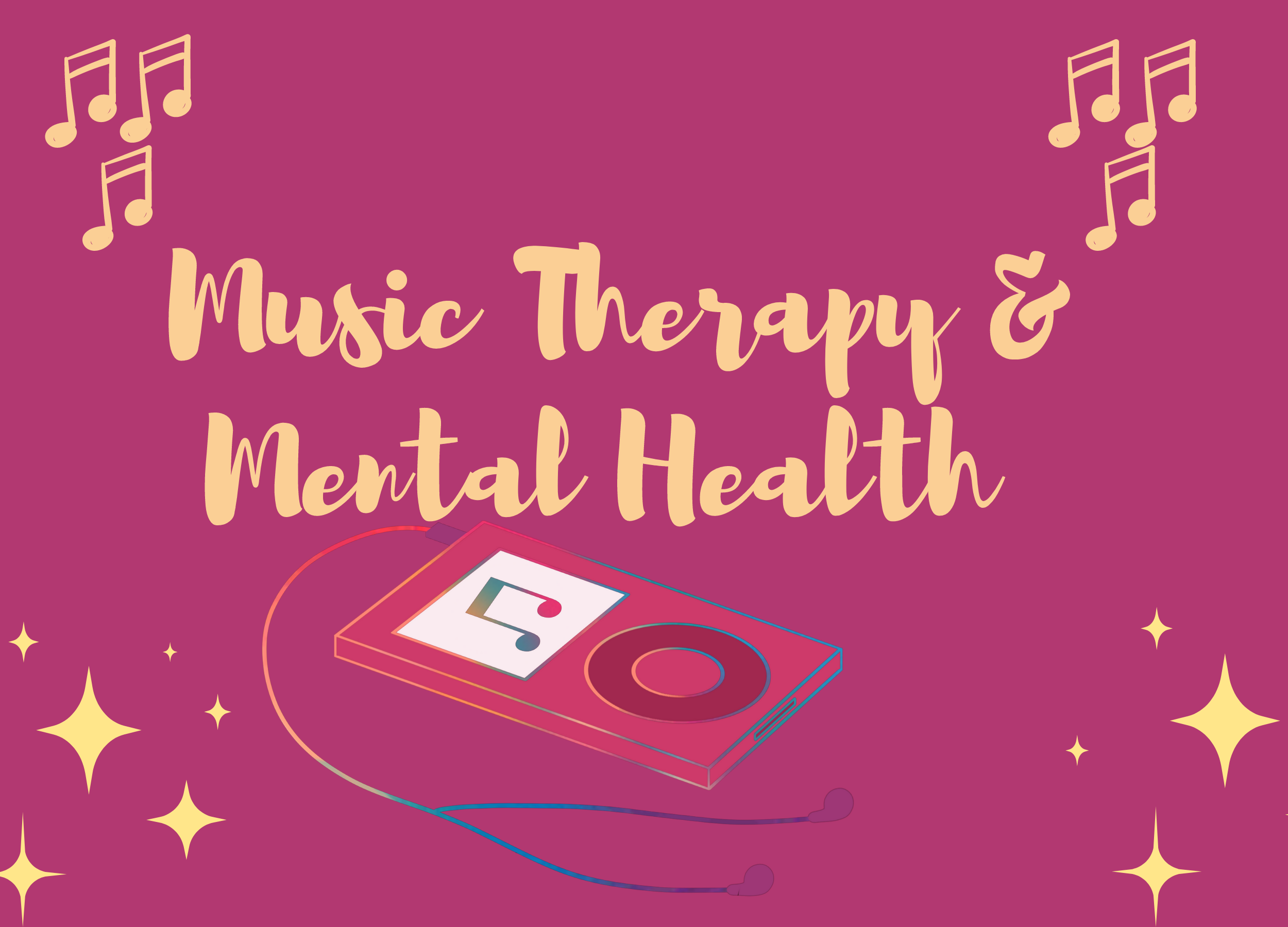Edited by Taruni Manam & Geethi Tarra, Blogged by: Sahithi Lingampalli
Music is all around us. It’s in nature, instruments, and, of course, in TikTok. Recent studies have shown that music holds the power to improve our mental health. Music therapy is a type of healthcare career where professionals therapeutically use music to help patients physically, emotionally, and mentally. Different applications of music therapy can help patients in different ways.
Firstly, music helps de-stress and improve sleep. In a 2008 study, college students with sleep issues were separated into three groups: listening to classical music before bed, listening to an audiobook before bed, or not listening to anything. The study found that those who listened to classical music reported the best sleep as soothing music can calm your brain down, slowing your blood pressure, heart rate, and thinking. Listening to music can also be one of the easiest ways to reduce insomnia.
While certain kinds of music can help you relax, other kinds can help motivate you. An example of this is listening to an upbeat and fast song while you work out. According to a 2010 study where participants were exercising with a song playing in the background, those who listened to the song at 1.1x speed were able to exercise longer and harder than those who listened to the song at 1x and 0.9x speed.
Sometimes, it can feel great to listen to a song that matches your mood. However, if you’re feeling down, listening to a song that shares the same mood can worsen your emotions and mood. This is why music therapists often play music that matches the client’s mood before gradually changing to upbeat music.
Aside from the tune of a song, other aspects of music can improve mental health. One aspect is the lyrics. People can find songs, analyze the meanings, and relate them to the difficulties they face in their lives. This becomes especially important when approaching topics that aren’t as easy to talk about. Studying the lyrics of a song offers a less intimidating opportunity to express emotions. On the other hand, people can write their own lyrics to a song, which both help them express themselves as well as gain self-worth by having tangible proof of their capabilities.
An interesting case of music therapy is in curing lost speech. When the left side of a person’s brain is injured, they lose the ability to speak. Research shows that since singing occurs due to the right side of the brain, people with lost speech can gain their speech by first singing what they feel and then slowly getting rid of the tune.
Overall, many different types of music therapy are used in different situations. Right now, you can protect your mental health by listening to music to relax, motivate and express.
References
5 positive effects music has on your mental health. Open Minds. (2020, February 13). Link. Cherry, K. (2019, December 10). 10 Surprising Psychological Benefits of Music. Verywell Mind. Link. Julia Lehrman, L. C. S. W. (2017, February 9). How Music Can Boost Your Mood. Psych Central. Link. Warren, M. (2016, December 19). The Impact of Music Therapy on Mental Health. NAMI. Link.

